Blog
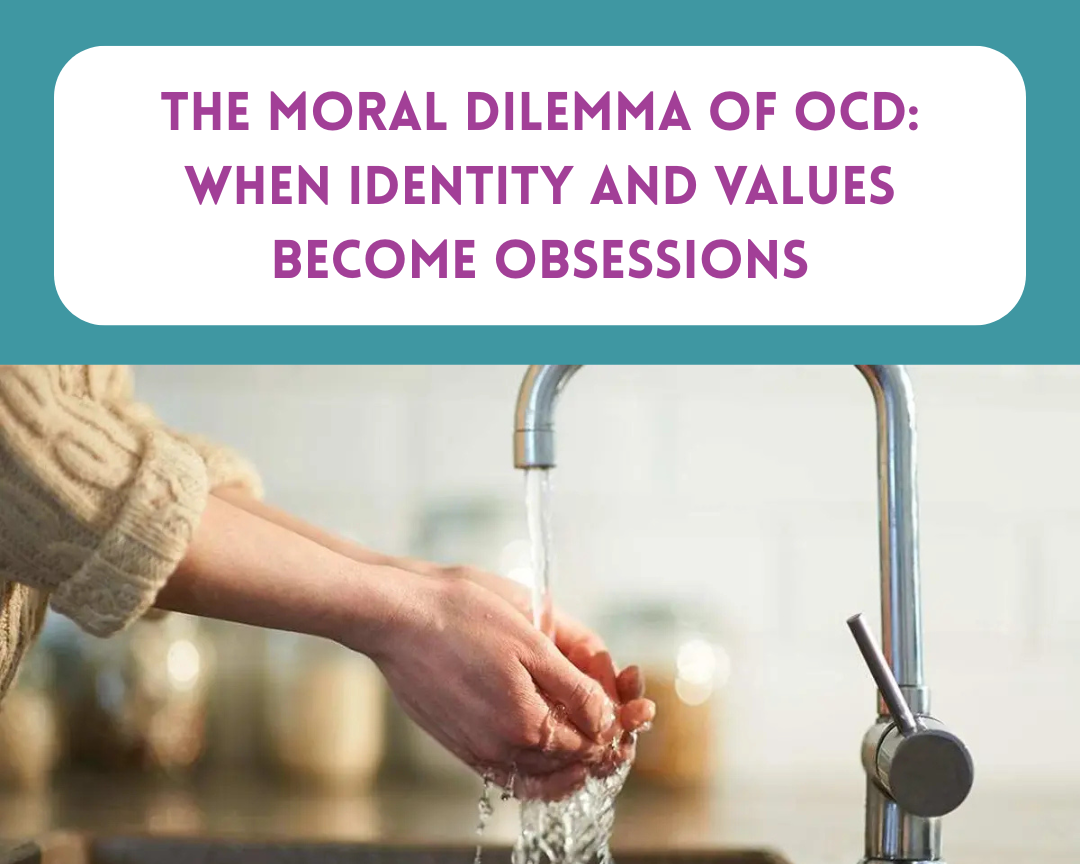

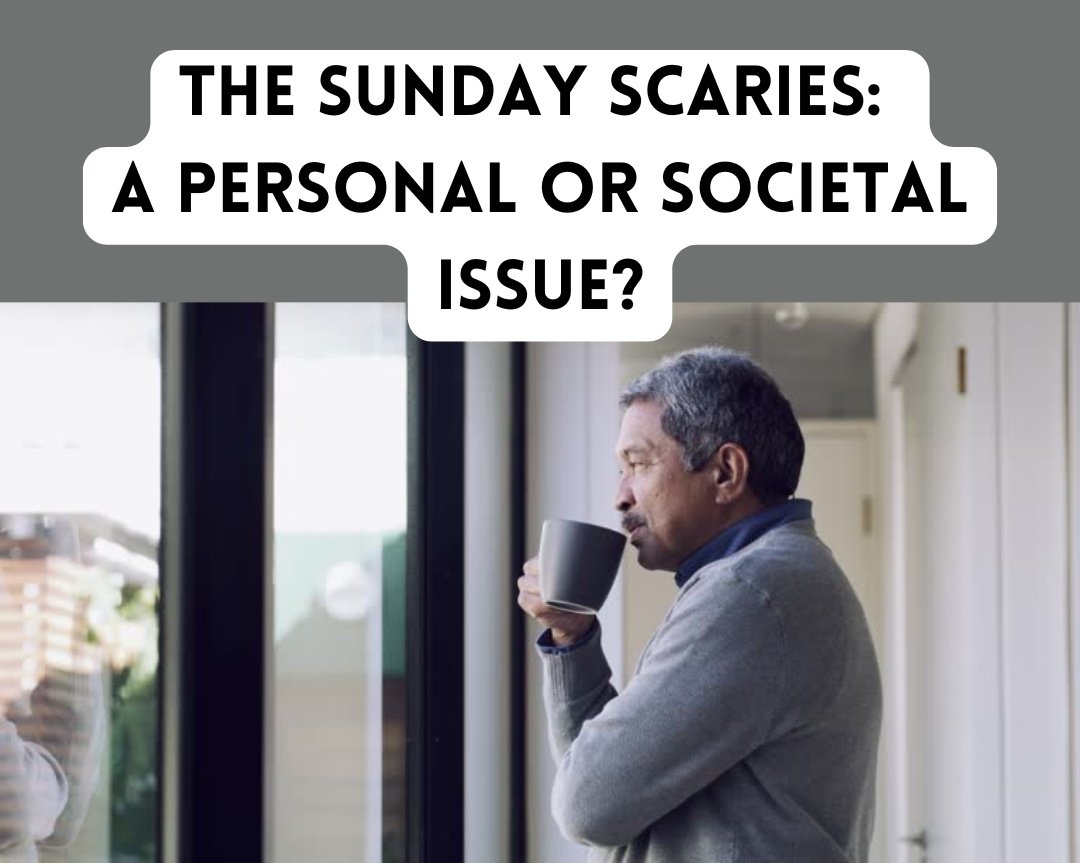
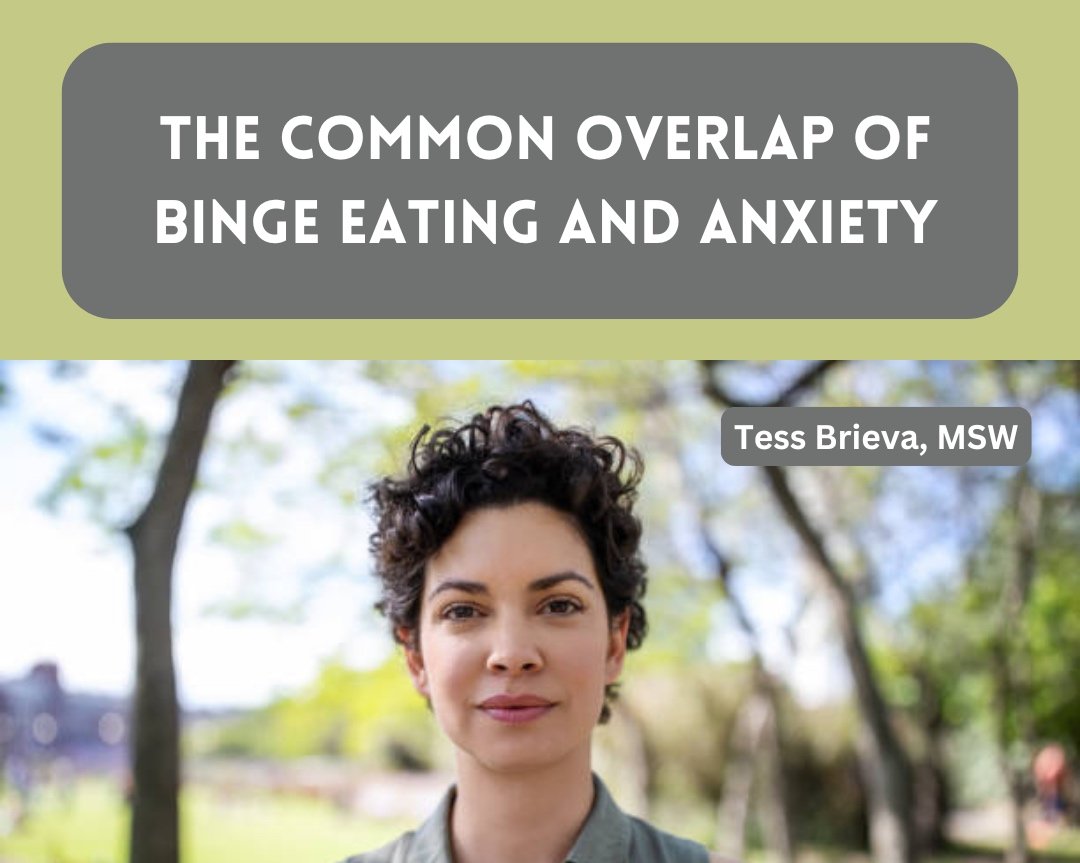
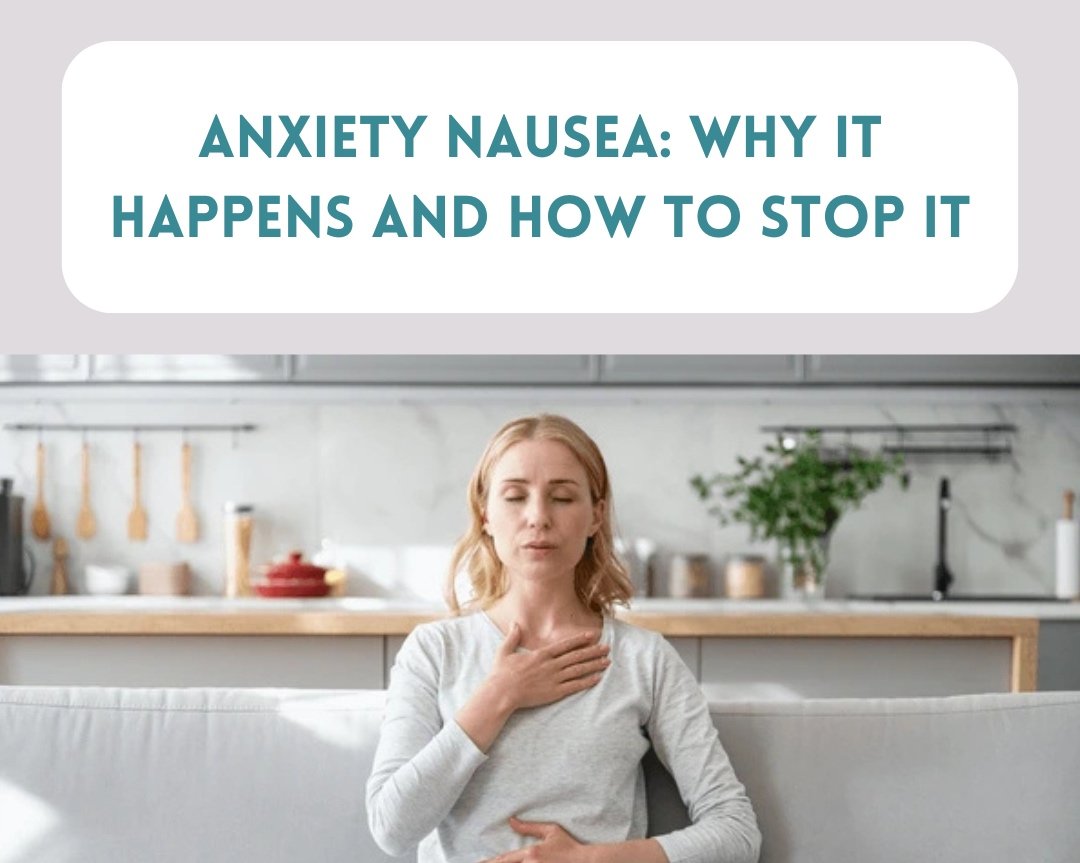
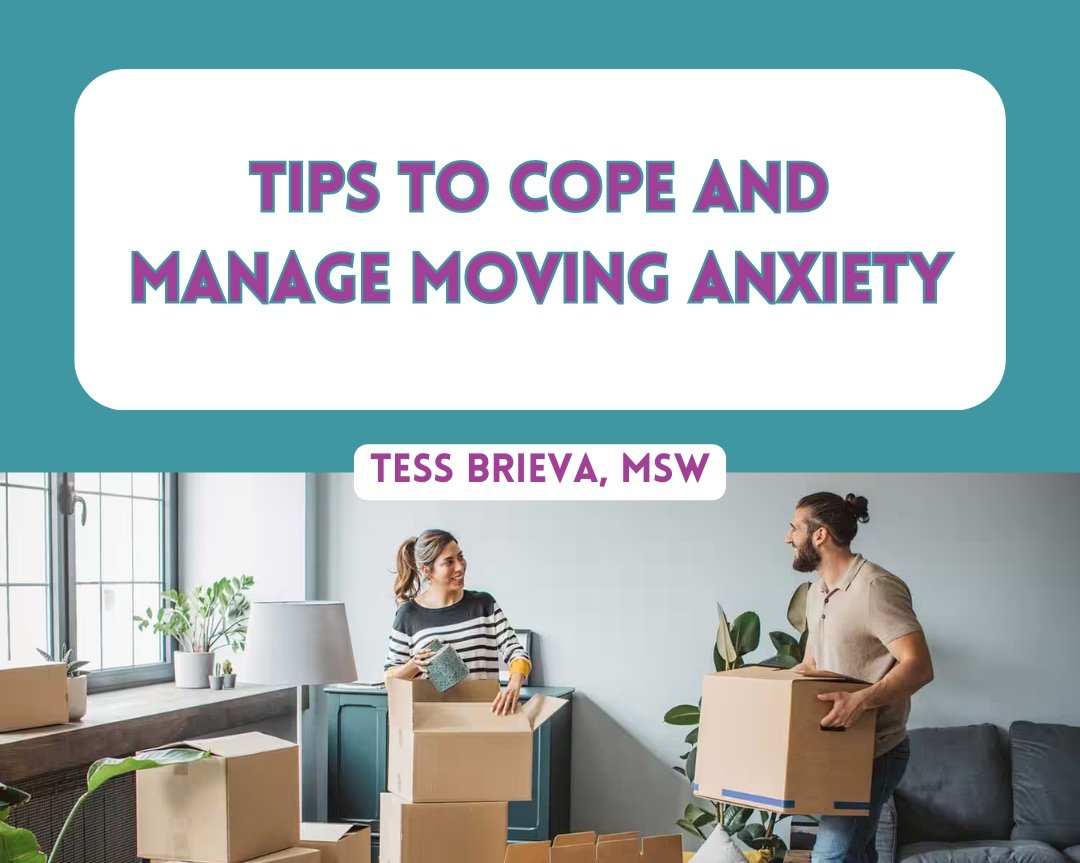
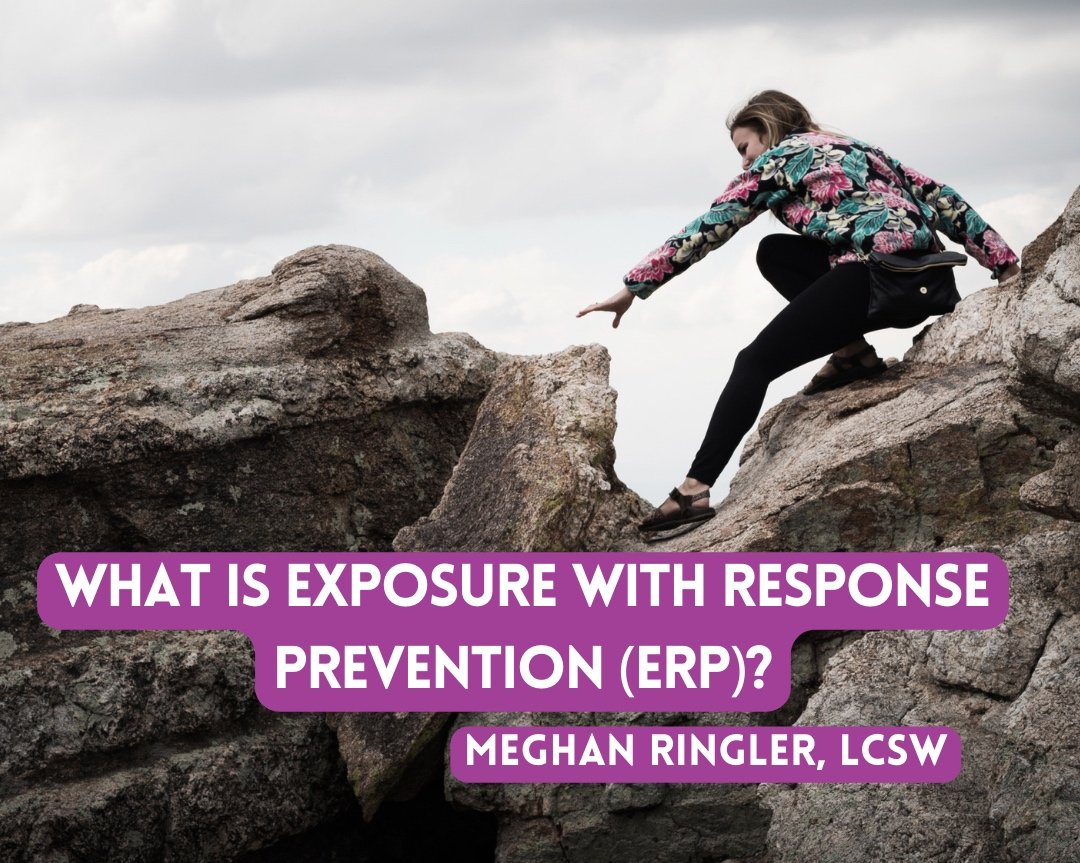

Life After Lockdown: Post-Pandemic Anxiety
Over the course of this pandemic, anxiety has been a familiar feeling for many. But you may have noticed a recent shift in what exactly you’re feeling anxious about. Fears about exposure and infecting loved ones may now be coupled with anxieties about returning to the office, socializing, or even the thought of having to wear jeans again. Why is it that anxiety seems to be on the rise as cases of COVID-19 are on the decline?
With vaccinations rolling out and a sense that there is an end to the pandemic in sight, many things remain uncertain. Will our “new normal” look like our “old normal”? Will work-from-home arrangements remain or will we be forced to return to working in an office? Will variants of the virus lead to future lockdowns?
If you are noticing new or worsening anxiety related to the pandemic, here are a few tips and strategies for managing the unique challenges of life after lockdown:

Counting sheep and still can’t sleep? Practical tips for getting a good night's rest.
It is no mystery that Covid-19 has greatly affected many facets of our lives and for many of us, sleep is one of them. Researchers have begun to examine the impact of Covid-19 restrictions on sleep patterns as many of our routines have been disrupted. As compared to pre-pandemic sleep patterns, individuals have reported significant changes to sleep including later bedtime and wake time, reduced overall night-time sleep, increased napping, and overall poorer sleep quality (1, footnote). Other symptoms of poor sleep include difficulty falling asleep and/or staying asleep, waking up earlier than expected, and experiencing anxiety or worry about not sleeping. If any of these symptoms sound familiar to you, know that you are not alone and there is hope!

Understanding Anxiety as a Messenger
Did you know that anxiety disorders are the most common mental health concern in the United States? The past year prevalence rates for anxiety disorders are higher for women (23.4%) than men (14.3%). (1, footnote.) If you were drawn to this post due to your own anxiety, I hope you pause with the weight of this statistic and understand that you are not alone. My hope for you is that after reading this post you come to find a different way to relate to your symptoms and experience of anxiety.

